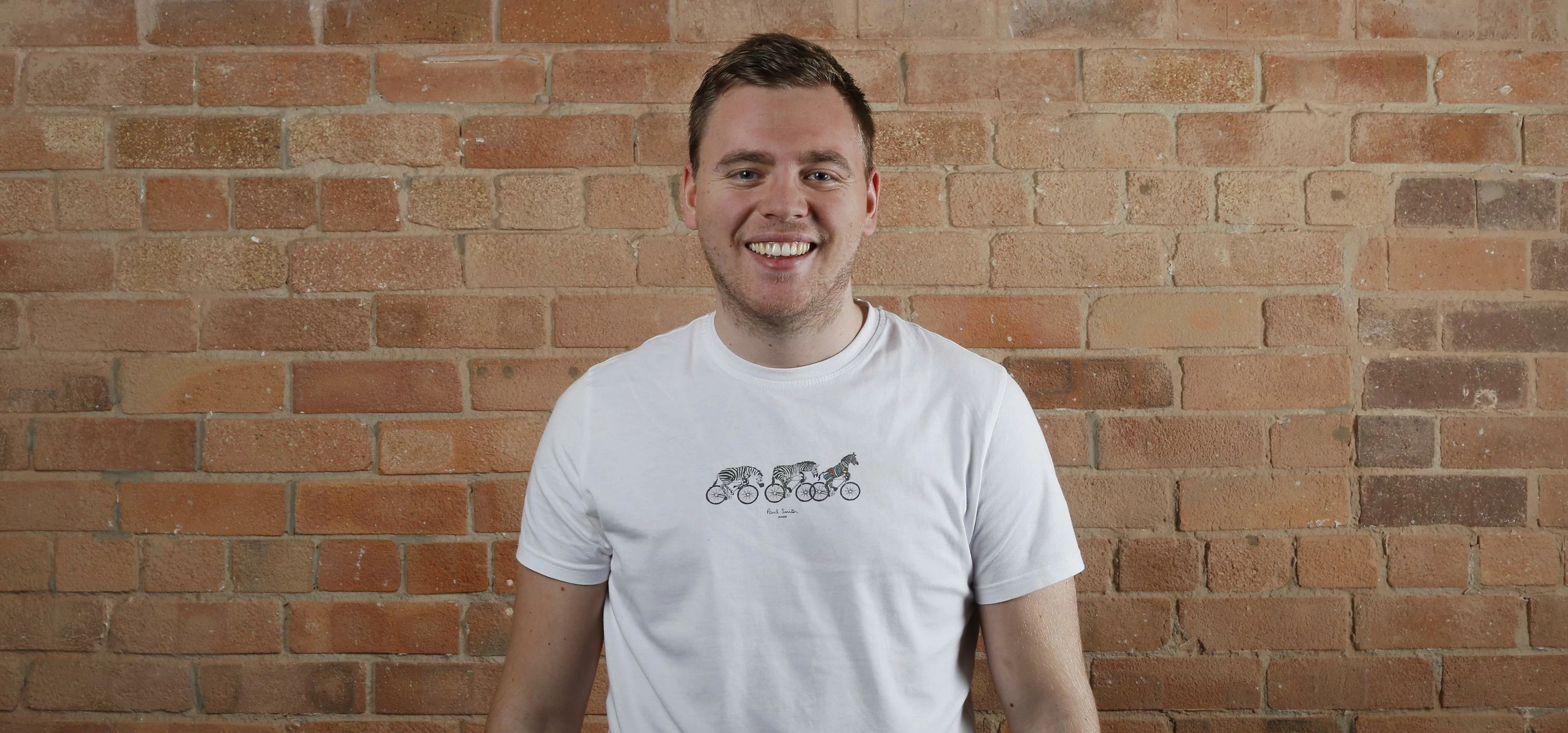
Partner Article
Top tips to tackle SEO on a budget
The marketing discipline of SEO focuses on increasing exposure of your business via search engine results. Although there are many aspects to consider, Arron Brown, digital marketing manager at The Bigger Boat attempts to simplify the jargon and advises quality over quantity when it comes to search engine visibility…
-
Assuming budget constraints prevent outsourcing, you must still be prepared to invest time. A ‘little and often’ approach works best.
-
Learn the basics before you start. Moz.com is a fantastic resource full of advice for both beginners and pros, and there are lots of experts offering tips on Twitter. Familiarise yourself with relevant terms and develop a commitment to ongoing learning – Google never stops changing!
-
Set up tools that allow you to track the results of your efforts. Such measurement is key to understanding your success and adapting your approach moving forward. Google Tag Manager, Google Analytics and Search Console are great starting points.
-
Conduct keyword research – this is the foundation of your SEO strategy and much of your wider digital marketing. You need to know what your target audience is searching for and how hard it could be to rank. Ideally you’re looking for keywords and phrases with good search volume, which aren’t too competitive. Think about the questions online users may ask too, as you might find they are easier to rank for. Moz’s Keyword Explorer and Google Ad Words’ Keyword Planner are really helpful.
-
Check your website architecture. Does the structure reflect the keywords/phrases you want to rank for? Don’t hide great content behind generic titles like ‘services’ or ‘about us’. Adapt your sitemap and navigation to reflect your keyword strategy and buildout content that is specific.
-
When it comes to on-page content, don’t worry too much about keyword density and word count – write naturally. Recognise that Google’s latest algorithms use machine learning as a ranking factor now, so page design and user engagement are important. Include images, video and micro interactions, where relevant, to make the page engaging and easy to digest.
-
Ensure your website is, at the very least, multi-screen optimised, or responsive. A mobile-friendly site ranks much better for a search on mobile, than a desktop-only site. Some people are even designing mobile-first now, given the ever-increasing usage of smartphones and tablets.
-
Don’t forget speed – the faster your site, the more users you’re likely to convert. This will keep Google happy too.
-
Links are the icing on the cake. DON’T buy them, Google will only penalise you. But, be creative, and produce content or ideas that people will want to share, to achieve some inbound links, back to your site.
-
Don’t do anything dodgy – if it sounds too good to be true, it probably is! Work on the principle that Google is smarter than you when it comes to SEO, so can pick up cheating a mile away!
This was posted in Bdaily's Members' News section by Katie Mallinson .
Enjoy the read? Get Bdaily delivered.
Sign up to receive our popular Yorkshire & The Humber morning email for free.








 £100,000 milestone drives forward STEM work
£100,000 milestone drives forward STEM work
 Restoring confidence for the economic road ahead
Restoring confidence for the economic road ahead
 Ready to scale? Buy-and-build offers opportunity
Ready to scale? Buy-and-build offers opportunity
 When will our regional economy grow?
When will our regional economy grow?
 Creating a thriving North East construction sector
Creating a thriving North East construction sector
 Why investors are still backing the North East
Why investors are still backing the North East
 Time to stop risking Britain’s family businesses
Time to stop risking Britain’s family businesses
 A year of growth, collaboration and impact
A year of growth, collaboration and impact
 2000 reasons for North East business positivity
2000 reasons for North East business positivity
 How to make your growth strategy deliver in 2026
How to make your growth strategy deliver in 2026
 Powering a new wave of regional screen indies
Powering a new wave of regional screen indies
 A new year and a new outlook for property scene
A new year and a new outlook for property scene